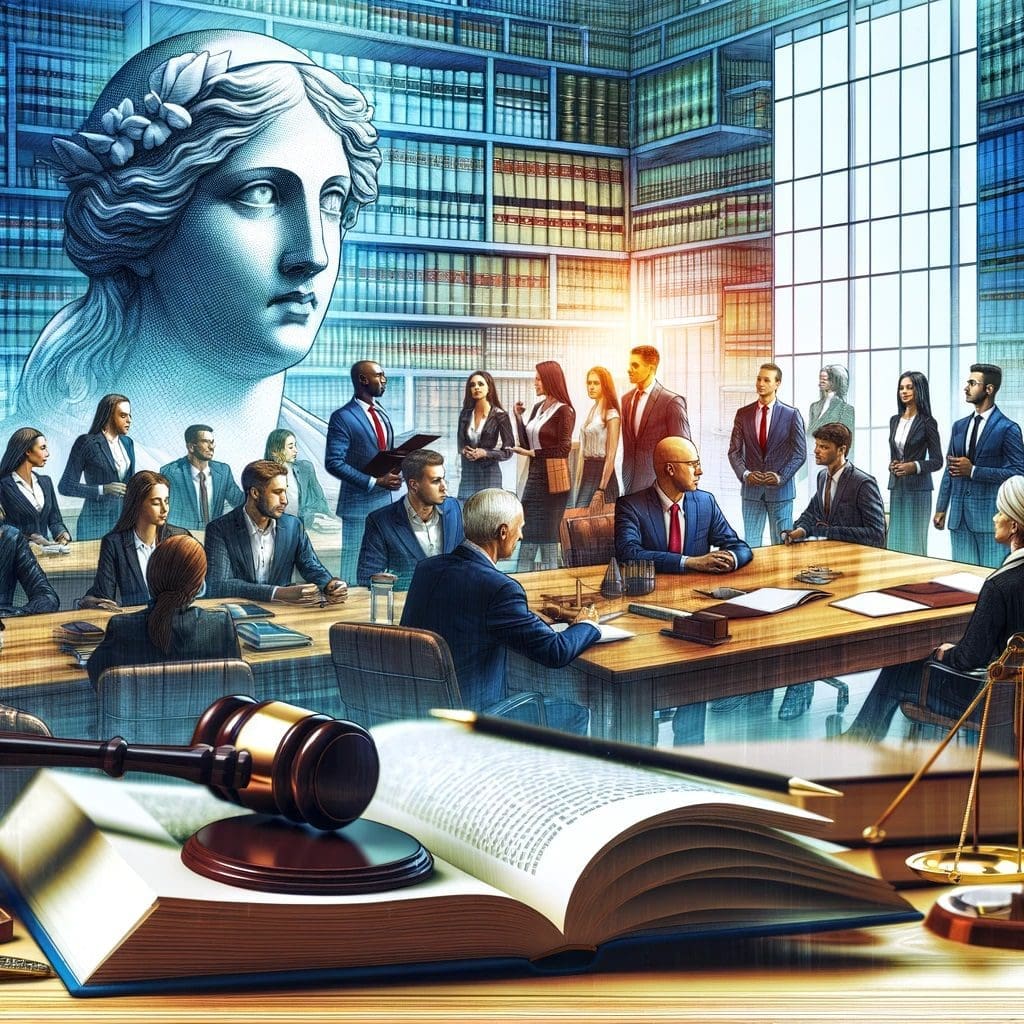What Is Locus Standi: Complete Guide to Legal Standing Requirements
Locus Standi: The Gateway to Justice and Accountability
In the realm of law, few concepts hold as much significance as Locus Standi, a Latin term translating to ‘place of standing’. This legal principle determines who has the right to bring a case to court, a decision that forms the cornerstone of legal proceedings worldwide. It essentially answers the question: who has the right to speak before a court of law?
Historically, Locus Standi was strictly interpreted, allowing only those directly affected by an issue to file a lawsuit. This conservative approach was aimed at preventing courts from being inundated with frivolous lawsuits by parties without a legitimate interest in the case. However, this perspective has evolved, particularly in the context of public interest litigation, where the traditional barriers of Locus Standi are relaxed to allow individuals or groups to represent broader societal concerns.
In the United States, the concept of Locus Standi is intricately tied to the Constitution. It is grounded in Article III, which limits judicial power to actual ‘cases’ and ‘controversies’. The Supreme Court, in cases like Lujan v. Defenders of Wildlife, established a three-part test for Locus Standi: an injury must be concrete and particularized; there must be a causal connection between the injury and the conduct complained of; and it must be likely that the injury will be redressed by a favorable decision.
The relaxation of Locus Standi has been most notable in the context of environmental law. Environmental organizations, for instance, have been allowed to sue on behalf of the environment, even if they themselves have not suffered direct harm. This broad interpretation has been pivotal in championing environmental causes and holding corporations accountable for ecological damage.
In India, the concept of Locus Standi has undergone a significant transformation, especially in the realm of Public Interest Litigation (PIL). The Indian judiciary, in its effort to make justice more accessible, has allowed ‘public-spirited’ individuals to file cases on behalf of those who cannot represent themselves. This expansion of Locus Standi has been instrumental in addressing a range of societal issues, from environmental concerns to human rights abuses.
The debate around Locus Standi also touches on its potential for misuse. Critics argue that a broad interpretation of Locus Standi could lead to judicial overreach and clogging of court systems with unmeritorious cases. They emphasize the need for a balanced approach that safeguards against frivolous litigation while ensuring that genuine grievances find a voice in the court of law.
In the European Union, Locus Standi for private applicants in cases against European Union institutions remains restrictive, particularly in competition and state aid cases. The General Court and the Court of Justice of the European Union have maintained a stringent stance, requiring applicants to demonstrate direct and individual concern.
The evolving nature of Locus Standi reflects the dynamic interplay between law and society. As societies progress and new challenges emerge, the interpretation of legal principles like Locus Standi must also adapt. Today, the concept has extended beyond the traditional realms of litigation into areas like digital privacy and cyber law, where the question of who has the right to sue becomes increasingly complex in the face of technological advancements.
Locus Standi, therefore, is not just a legal principle; it is a reflection of societal values and judicial philosophies. Its interpretation and application provide a window into how a society views justice, accountability, and the role of the judiciary. As legal systems worldwide continue to grapple with new challenges, the evolution of Locus Standi will remain a topic of significant interest and debate among legal scholars, practitioners, and the public at large.
For further reading and in-depth understanding, the concepts discussed here are elaborated in various sources. Key references include:
- Locus Standi – Meaning and Essential Ingredients
- Locus Standi – Legal Definition and Requirements in Law
- The Concept of Locus Standi
- Understanding Locus Standi in U.S. Law
- Locus Standi Law and Legal Definition
- Constitution Annotated: Overview of Standing
- Standing Requirement Overview | U.S. Constitution Annotated
- Article III Standing – Electronic Privacy Information Center
- Standing Doctrine – Public Justice
- List of US Supreme Court Cases Involving Standing














